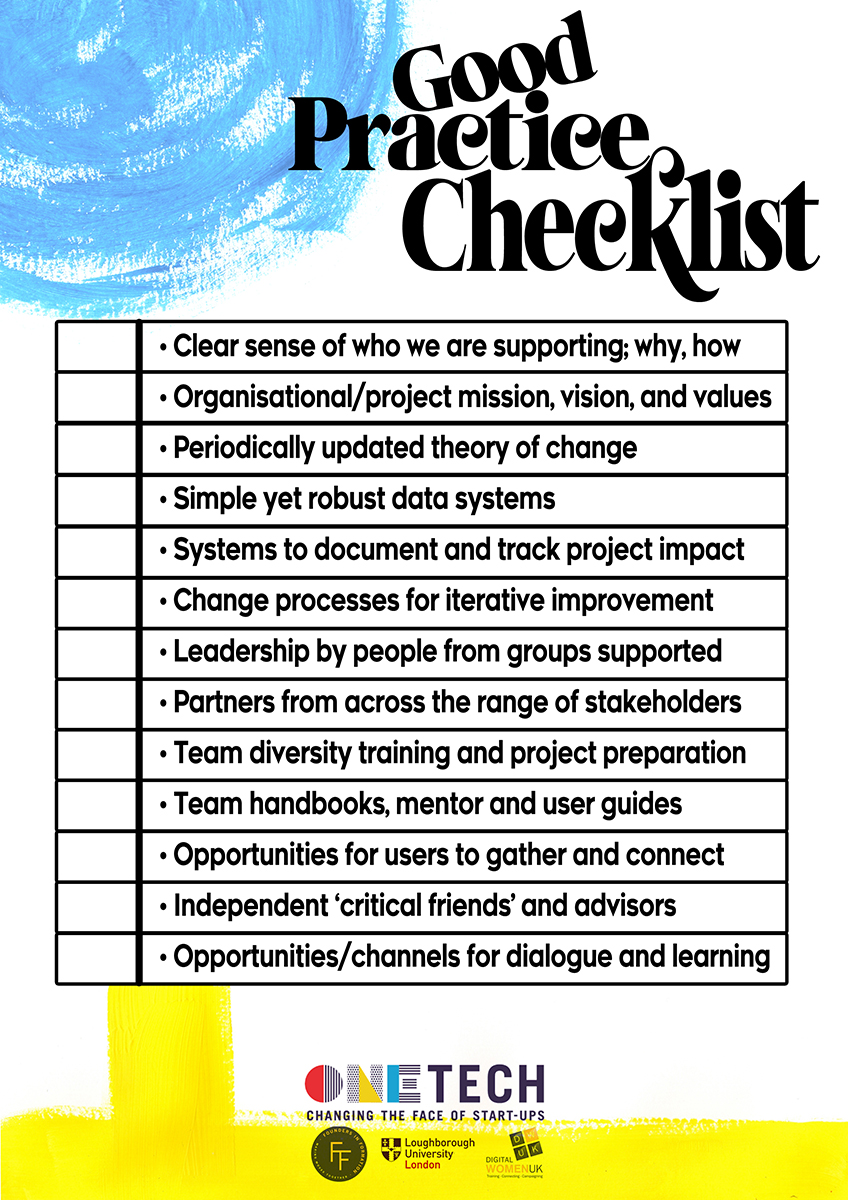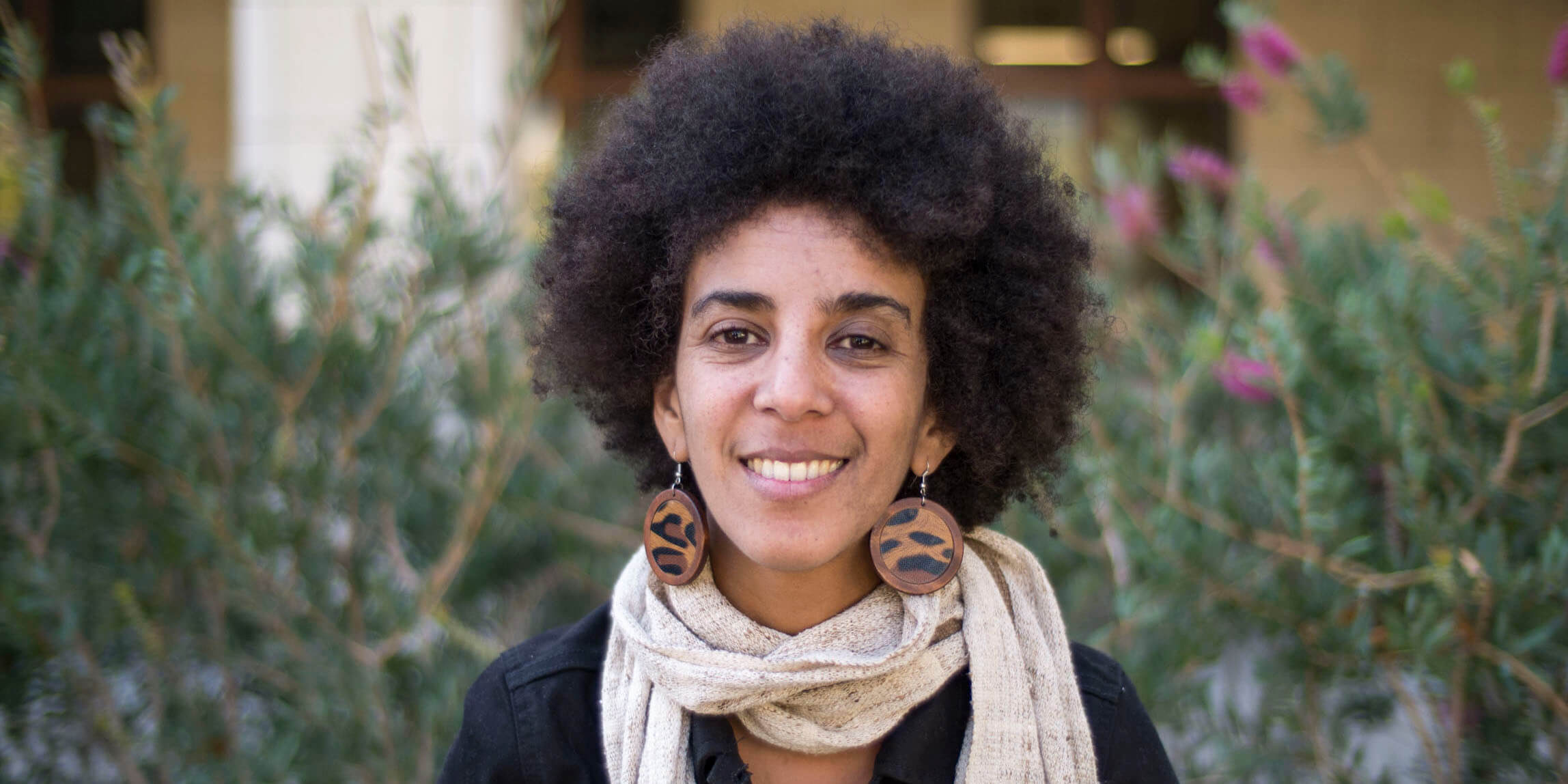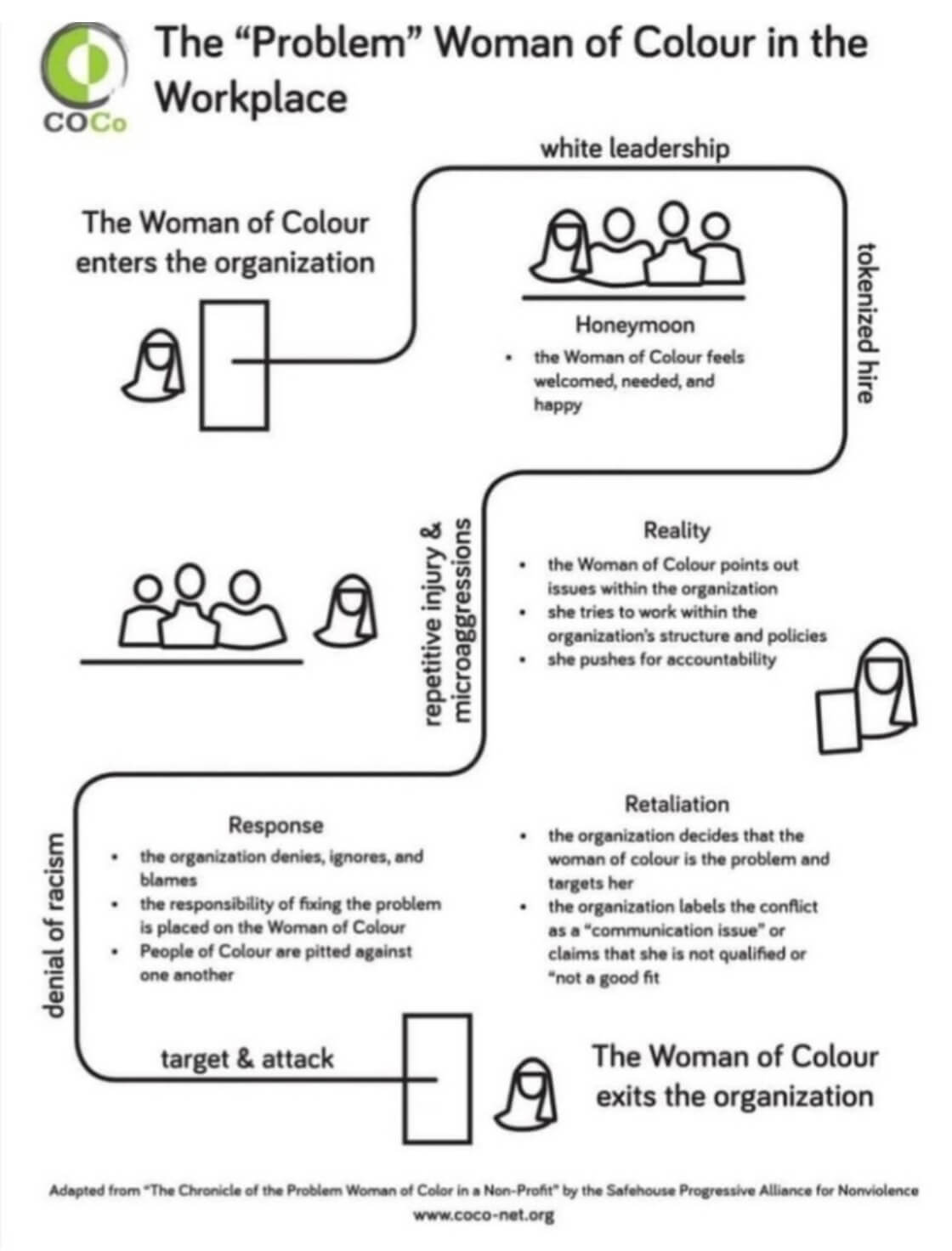In perhaps the moment of peak public dialogue about equality, diversity and inclusion amongst the human species, and nearly a year into the COVID19 crisis causing perhaps the peak moment of the digital era, we are experiencing a wave of white(ly) supremacist backlash to anti-racist efforts across multiple levels of social, political, and technological life.
Writing from the parallel context of the fallen Anglo-American empire, including the United States, Britain, Canada and Australia, current examples include the racist responses to supermarket Christmas advertisements depicting Black families, attempts to delegitimise and ban critical race theory and intersectional feminism, cyberbullying and threats of violence and murder. While it must be acknowledged that indigenous women, women’s right activists and trans women, especially Black trans women and femmes, are subject to violence and murder at devastatingly high rates worldwide, in recent years, outspoken Black women and femmes with public profiles have in particular been targeted by white supremacist and often patriarchal backlash. To illustrate, former mechanic-turned-writer and prominent Black Muslimah thinker Yassmin Abdel-Magied was harassed out of Australia, and Diane Abbott, Hackney Labour MP, regularly receives online abuse so voluminous that Amnesty International found it comprised nearly one-third of all abusive tweets against women MPs.
Such backlash occurs in the context of a global turn to the right, including an institutionally racist, classist, backwards-looking Britain who bought a Brexit for the cost of closed borders, throwing a substantial and disenfranchised migrant population under the bus while hurting themselves in the process, and a wilfully ignorant US populace plugging its ears and contending “All Lives Matter” while watching its white supremacist institutions literally burn to the ground. In the US, 45’s government holds onto power by a shoestring and the White House issues an executive order banning training in critical race theory and white privilege in all federal agencies, calling it “divisive and Anti-American”. In Britain, UK Home Secretary and racial gatekeeper Priti Patel continues to deport people of colour who have lived here for years, while conservative, meritocracy-heavy ideologies are vehemently espoused by people like race-blind, trans-exclusionary Kemi Badenoch, Tory MP who, mindbogglingly, is government Minister for Equalities.
In a recent manifestation of this vile trend, on 4th Dec 2020, Timnit Gebru, AI and ethics scientist and one of the only Black women in her field, was fired from Google for highlighting bias in AI. This may seem counterintuitive considering the current visibility of dialogue about exclusion in tech and the number of diversity in tech initiatives growing at a rapid rate. However, this level of retaliation is sadly not surprising. What is surprising is that with this dismissal, Google, despite its feigned appearance of action against racism, is exhibiting the worst of institutional white fragility.
Only a fragile white institution could believe that ignoring Gebru’s legitimate, valid critique, firing her and calling it a day will somehow make it go away. An institution more mature in dealing with its own internal racism (a rare beast indeed) would have, one would imagine, attempted to act on Gebru’s recommendations, having of course taken significant note of Dr. Safiya Noble’s groundbreaking critical race x technology studies book, Algorithms of Oppression (NYU Press, 2018) published nearly three years ago, in which she catalogues and theorises the tendency of Google search algorithms to inherit and enforce the racist assumptions of its programmers and users. They would certainly also have engaged with Dr. Ruha Benjamin’s Race After Technology: Abolitionist Tools for the New Jim Code (Polity, 2019), a damning critique of the ‘feature, not bug’ racial and particularly anti-Black bias within the current technological climate and environment. So, this is not a new conversation, but a long-standing grievance, to which one might hope the tech industry (and in particular, any organisation specifically named-and-shamed) would be appropriately responding.
Yet Google’s dismissal of Gebru is merely another predictable, yet no less devastating, manifestation of white supremacy doing what it is meant to be doing – maintaining the status quo, by any means necessary – in this case, denial, dismissal, and feigned ignorance. Gebru’s case signals beyond the shadow of a doubt the stickiness of structural white supremacy, in even the industry meant to be most familiar with “innovation.”
In COVID year September 2020, I had the utmost privilege of conversing with Safiya Noble at an webinar and online workshop organised by Bethany Waterhouse, co-curated and co-moderated by me, entitled Tech and Inequalities in the Public Sector. The powerhouse panel of critical technosocial studies scholars and practitioners also included Virginia Eubanks, author of Automating Inequality, and mental health rights organiser Sara Boyce. Our conversation explored the nature, function and trajectory of algorithmic bias, informed by the convergence of commerce and the state, blurring the lines between the public-private sectors, feeding on and advancing the weakening, surveillance, policing and control of mostly poor, mostly young, mostly Black and brown bodies, many of whom are women and femmes, through the use of technology. It further critiqued the evolution of what was once a relatively separate public and private sector to today’s corporate technocracy, premised on extractivist approaches to life on the planet, human beings included.
Silicon Valley-style programming has worked not only on AI, but also on us: we allow algorithmic agents to feed us information, hijack our attention, track our economic activity and geographic locations, influencing our mood and mental health, and mediating our relationships - all the while serving the machines of capital, debt and the continued proliferation of industrial complexes: military, prison, health and wellness, beauty and fashion, food production, and more. This fan-pleated, socio-technical fabric in which hypercapitalist violence continues to accellerate permeates nearly every dimension of 21st century life in the digitised post-industrial nations – home, work, leisure, rest. It requires our conscious effort to disengage from it and tune into oneself, and to the embodied aspects of living, if only temporarily.
Alongside my friends and colleagues of the BARC Collective, I am co-guest editing a Special Issue of the Equality, Diversity and Inclusion Journal, on the subject of Anti-racism in the age of white supremacy and backlash. While we were preparing the editorial, I was reflecting on the technological aspects of this backlash, and wrote this piece to catalogue and reflect on these fragments of accumulated evidence. Let history record that this moment of conservative, cis-hetero patriarchal white supremacist backlash is positioned directly against, and in denial of, Black, Indigenous, and People of Colour’s anti-racist, intersectional, queer, trans and decolonial feminist epistemologies. While in the past, white supremacist backlash in the Anglo-American metropole arose against abolition, integration, and the fight for civil rights, this distinctly novel, radically liberatory, intellectual and practical framework is, I believe, the source of this moment’s shifts in cultural and material power.
Such radical, subaltern epistemologies and cosmologies are emerging from new social formations, such as – taking the most prominent example – the international Movement for Black Lives. A characteristic of this movement is its renewed attention to and uplifting of an abolition-focused approach, advanced predominantly by Black women and femmes. This approach has precipitated a rupture in the social fabric, manifesting in a great historical moment of solidaristic resistance to anti-Black violence. This moment can and should be attributed in part to the intellectual and affective influences from the tectonic temporo-cultural unification of Black histories, presents and futurities, found in, for example, the stories and work of legendary and visionary Black women ancestors like Harriet Tubman, Audre Lorde and Octavia Butler. Such politics are developed and shared by contemporary abolitionist thinkers and authors, such as Profs Angela Davis, Ruth Wilson Gilmore and activist Mariame Kaba. Butler’s work in particular is now assuming its rightful place in history, thanks to the its prolific and scholarly interpretation, application to practice, and the inspiration it provides for new cultural work by Black women writers, artists and activists, many of whom identify as queer, such as adrienne maree brown, Walidah Imarisha, Alexis Pauline Gumbs, Toshi Reagon, Krista Franklin, Sonya Dyer and more. It was this life-giving topic with which we closed the Tech x Inequalities conversation: the cultural role of speculative fiction and artistic imagination in shaping a more equal future.
In answer to revolutionary Chinese-American activist-philosopher and ancestor Grace Lee Boggs’ famous question, all of the above tells us the time on the clock of the world. That means it is high time for technology companies to take their heads out of the sand about race x gender, class and inequality, and technological bias, and put all their substantial efforts and resources into course correction – aiming towards abolition – before the problem worsens. First, rather than pushing them out, we must listen to Timnit, and all the women of colour whistleblowers and workplace activists at every organisation. Once we identify the problems, we can start with harm reduction, then continue binding and deconstructing the runaway capitalist imperative of, while seeking reparations and accountability from, digital multinational corporations and neoimperialist technocrats, along with all hoarders of value, orienting always towards resource redistribution.
To turn the tide of human suffering, and that of all living beings on earth, if such a thing is possible, we must find a way. It is time for tech companies all over the world to set a much needed precedent, stop with the backlash, and as my favourite math teacher, Ruth Magee, used to say, “get with the program.” This is an international, intergenerational, and intersectional issue, and as such must be a collective effort.





